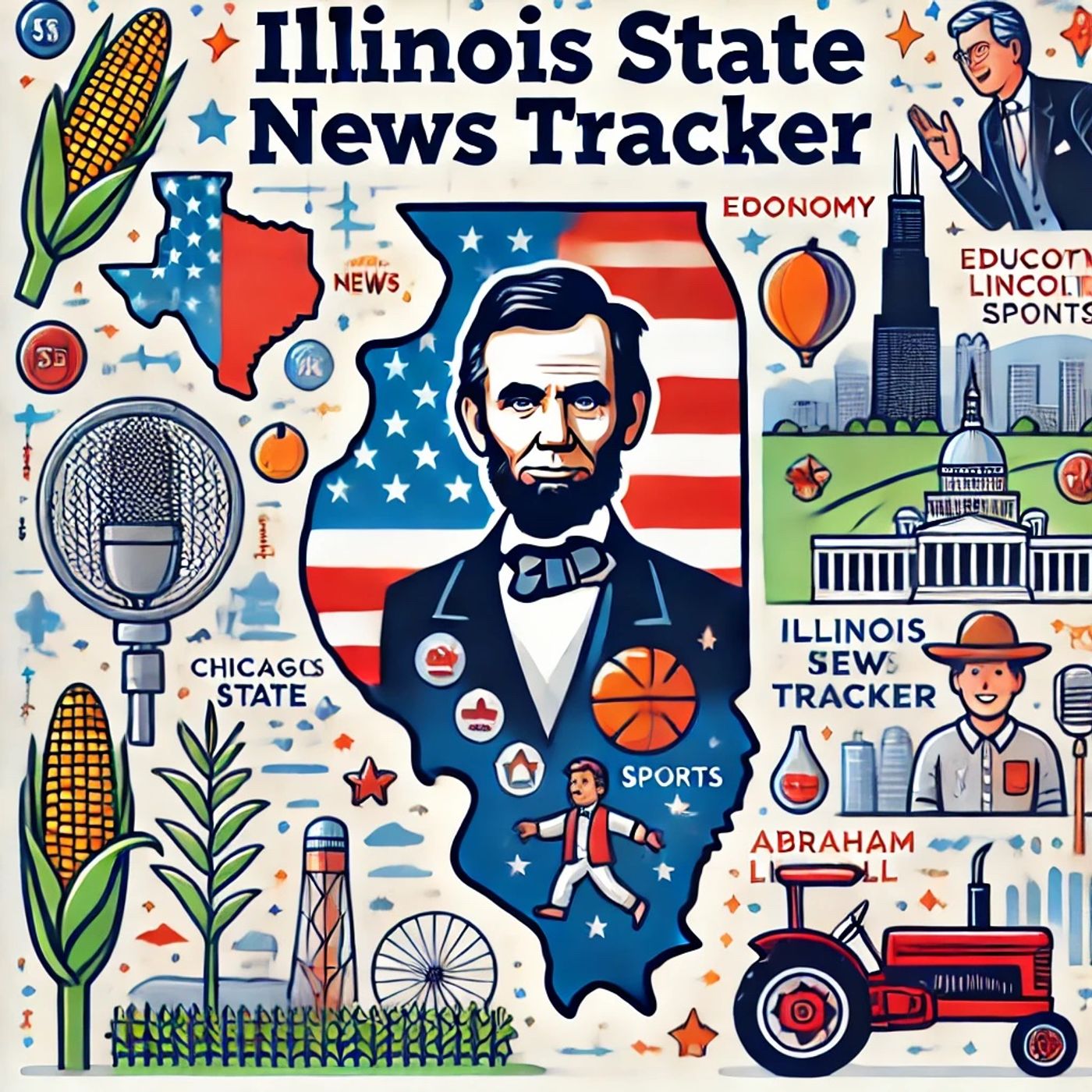Dec 08 2024 2 mins
Illinois has seen a flurry of significant developments across various sectors in recent weeks.
Top headlines include the closure of seven campuses by one of Chicago's largest charter schools, a move that underscores the challenges faced by educational institutions in the state[1]. Additionally, Governor JB Pritzker has named the first head of Illinois' new Department of Early Childhood, marking a significant step in the state's commitment to early childhood education[1].
In government and politics, the state legislature has been focusing on educational reforms, with a particular emphasis on testing and accountability[1]. Local governments have been making key decisions, such as the Geneseo school board approving a new tax levy and the Georgetown-Ridge Farm school board approving an 11.2% property tax increase[1].
On the economic front, Governor Pritzker has released a five-year economic growth plan aimed at attracting investments, creating jobs, and supporting communities. The plan focuses on high-growth sectors like life sciences, quantum computing, and clean energy production[3]. This initiative is part of the state's broader efforts to foster a sustainable economic future.
Community news highlights include the Safe Routes to School program, which has awarded $9.8 million in grants to local projects to make walking and biking to school safer and more accessible[4]. In education, the Meridian Federation of Teachers and school board have approved a five-year contract, and a Peoria Public Schools administrator has been named Illinois superintendent of the year[1].
Looking ahead, Illinois residents can expect further developments in educational reforms and economic growth initiatives. The next cycle of the Safe Routes to School program is set to begin in August 2025, and ongoing efforts to address ethics reform in state government are expected to continue. Additionally, the changing population dynamics in Illinois are likely to influence political landscapes and policy decisions in the coming years[2].
Top headlines include the closure of seven campuses by one of Chicago's largest charter schools, a move that underscores the challenges faced by educational institutions in the state[1]. Additionally, Governor JB Pritzker has named the first head of Illinois' new Department of Early Childhood, marking a significant step in the state's commitment to early childhood education[1].
In government and politics, the state legislature has been focusing on educational reforms, with a particular emphasis on testing and accountability[1]. Local governments have been making key decisions, such as the Geneseo school board approving a new tax levy and the Georgetown-Ridge Farm school board approving an 11.2% property tax increase[1].
On the economic front, Governor Pritzker has released a five-year economic growth plan aimed at attracting investments, creating jobs, and supporting communities. The plan focuses on high-growth sectors like life sciences, quantum computing, and clean energy production[3]. This initiative is part of the state's broader efforts to foster a sustainable economic future.
Community news highlights include the Safe Routes to School program, which has awarded $9.8 million in grants to local projects to make walking and biking to school safer and more accessible[4]. In education, the Meridian Federation of Teachers and school board have approved a five-year contract, and a Peoria Public Schools administrator has been named Illinois superintendent of the year[1].
Looking ahead, Illinois residents can expect further developments in educational reforms and economic growth initiatives. The next cycle of the Safe Routes to School program is set to begin in August 2025, and ongoing efforts to address ethics reform in state government are expected to continue. Additionally, the changing population dynamics in Illinois are likely to influence political landscapes and policy decisions in the coming years[2].
